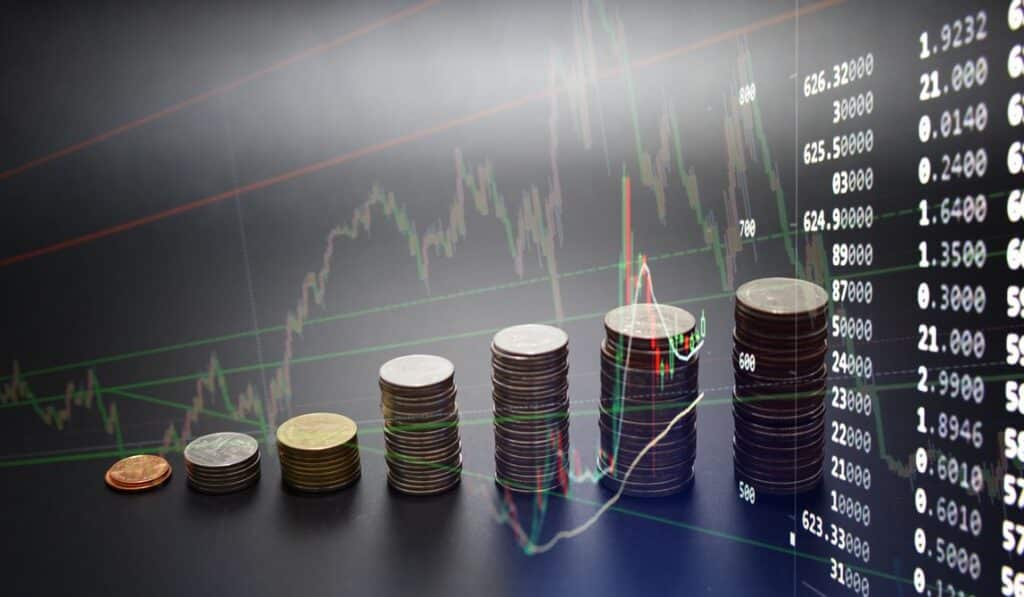While Viking Holdings Ltd. has overperformed by 0.96%, investors are advised to look at stock chart patterns for technical insight.
On July 02, 2024, Barclays started tracking Viking Holdings Ltd. (NYSE: VIK) recommending Overweight. A report published by HSBC Securities on June 25, 2024, Initiated its previous ‘Buy’ rating for VIK. Truist also rated VIK shares as ‘Hold’, setting a target price of $38 on the company’s shares in an initiating report dated June 21, 2024. Wells Fargo Initiated an Overweight rating on May 28, 2024, and assigned a price target of $35. UBS initiated its ‘Buy’ rating for VIK, as published in its report on May 28, 2024. Stifel’s report from May 28, 2024 suggests a price prediction of $37 for VIK shares, giving the stock a ‘Buy’ rating. Redburn Atlantic also rated the stock as ‘Neutral’.
Analysis of Viking Holdings Ltd. (VIK)
In order to gain a clear picture of Viking Holdings Ltd.’s future performance, a variety of well-rounded analysis and research techniques can be applied, with equity being the most critical. Taking into account the quick ratio of the company, currently set at 0.50, you can see that the company can cover any debts it may have, which can easily be seen in the annual report of the company.
An average volume of 1.49M can be a very valuable indicator of volatility for VIK stock. On a monthly basis, the volatility of the stock is set at 3.55%, whereas on a weekly basis, it is put at 3.45%, with a loss of -4.39% over the past seven days. Furthermore, long-term investors anticipate a median target price of $38.11, showing growth from the present price of $31.58, which can serve as yet another indication of whether VIK is worth investing in or should be passed over.
How Do You Analyze Viking Holdings Ltd. Shares?
In addition to the fundamentals, you should also consider how many employees own shares in the company. This is because the values should be in line with investors’ expectations. As such, the current holdings of company stock inside the company are set at 67.40%. This can enable you to see the extent to which executives own the company’s stock. As opposed to executive stock, institutional ownership accounts for 32.90% of the company’s shares, contributing to an indication of company value, since large shareholders may signify strength within the organization.
VIK shares are owned by institutional investors to the tune of 32.90% at present.






